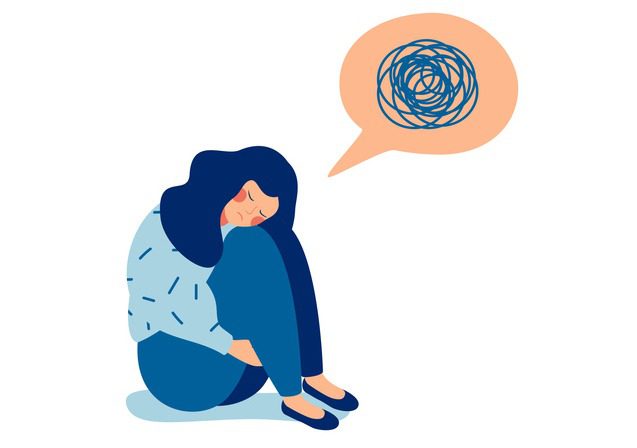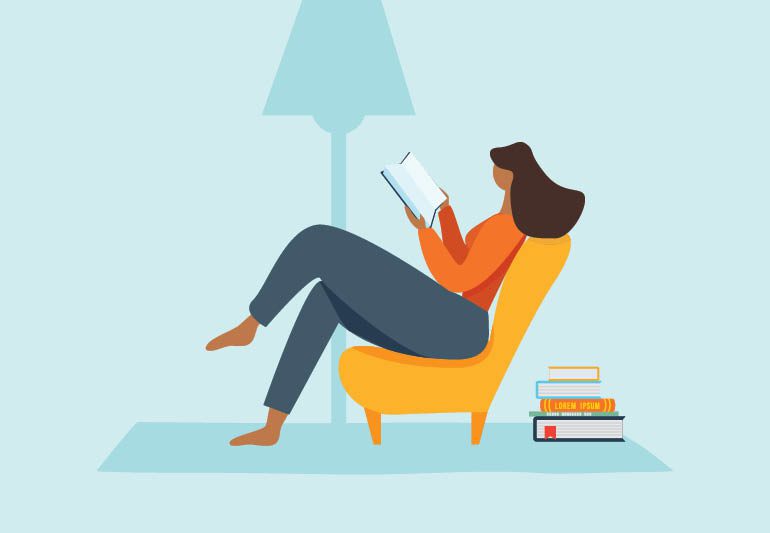Are you hard on yourself?
Research has shown that being hard on yourself leads to low self-esteem and higher stress levels.
Do you…
– Constantly replay in your head what you should have said or didn’t say?
– Have harsh and critical self-talk, thinking you’re not good enough?
– Blame yourself for things not working out?
– Give up on challenges quickly, fearing failure and mistakes?
– Feel like everyone else is doing better?
 As a high-achiever, you try your hardest and want the very best.
As a high-achiever, you try your hardest and want the very best.
Which is why it’s so challenging when you don’t get the result you wanted.
We all have that “inner critic” but it’s important to learn how to work with it and turn the volume down so it doesn’t overwhelm or sabotage your efforts.
Recognize that this inner critic exists, originally as a protective mechanism. The inner critic developed in childhood as we internalized messages and remarks we received from family/caregivers/teachers/etc thinking the adults knew best in terms of helping us survive and adapt to life. However, it was often a reflection of their own negative biases and perspectives. While the inner critic can be helpful at times (e.g. motivation), it often does more harm than good when it’s not managed well.
So how do you start?
The first thing is to slow down and pay attention to what’s going on. Once you are present, remind yourself that you are NOT your thoughts.
One of my favorite ways is to do a “brain dump” and write out all the thoughts I’m having.
Notice the thoughts you’re having, the words you are speaking, the feelings you’re experiencing, the actions you are taking. You might think you have no control over this. It feels automatic because these are often longstanding habits that we have repeated over and over again. It has become ingrained in our subconscious mind/behavior.
The truth is…
 Everything is optional. It really is. You always get to choose. We just need to slow down and be intentional about what we’re thinking and doing.
Everything is optional. It really is. You always get to choose. We just need to slow down and be intentional about what we’re thinking and doing.
As you learn to become an observer and create distance, you can assess and see what is and isn’t serving you.
Bring in curiosity to question and wonder why this is coming up for you. Are there ways to reframe this so you feel positive and inspired instead of negative and helpless? Did you know it’s possible to manage your mind so it doesn’t default to the negative? This is one of my favorite benefits about coaching!
How can you be gentle and kind to yourself in moments of difficulty? What would you say to a best friend? Learn to offer this compassion to yourself. This is a practice and gets easier the more you do it.
Commit to self-care and take time for yourself. Know that we all need to recharge our batteries and when you are in a good place, you will feel better and have more to give to others.
Want more guidance? Come talk to me about coaching! We can work together so that you don’t have to be burdened by a loud inner critic and feel so much better!
Dr. Cindy Tsai is a board-certified physician, bestselling author, mindfulness teacher, speaker and life coach who is committed to helping high-achievers live their best life with ease. She earned BA and MS degrees from Johns Hopkins University and MD degree from the Geisel School of Medicine at Dartmouth. As both a physician and patient, she saw and experienced the impact of chronic stress on the body and was compelled to do more than prescribe medications as a bandaid. Through her own healing journey, she explored and trained in a wide range of therapeutic modalities and emphasizes taking an integrative approach to wellness and caring for the person as a whole. Visit Dr. Cindy’s website (https://cindytsaimd.com) and contact via e-mail (hello@cindytsaimd.com) with any questions or inquiries!
is a board-certified physician, bestselling author, mindfulness teacher, speaker and life coach who is committed to helping high-achievers live their best life with ease. She earned BA and MS degrees from Johns Hopkins University and MD degree from the Geisel School of Medicine at Dartmouth. As both a physician and patient, she saw and experienced the impact of chronic stress on the body and was compelled to do more than prescribe medications as a bandaid. Through her own healing journey, she explored and trained in a wide range of therapeutic modalities and emphasizes taking an integrative approach to wellness and caring for the person as a whole. Visit Dr. Cindy’s website (https://cindytsaimd.com) and contact via e-mail (hello@cindytsaimd.com) with any questions or inquiries!





